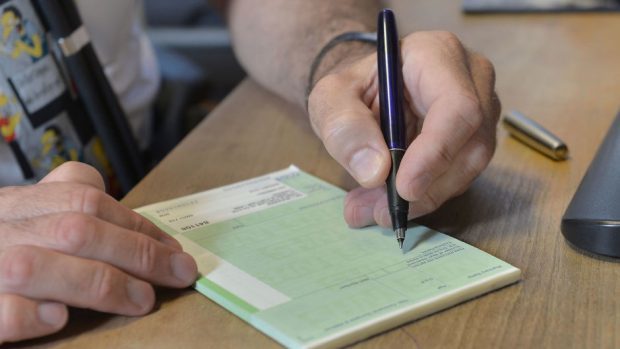Family doctors in rural areas have warned that their practices are on the brink of becoming “critically unviable” because of a proposed new GP contract.
The Rural GP Association of Scotland (RGPAS) said that half of its members would face doubts over their future without support if the changes are implemented.
And they claimed nine out of 10 doctors in remote and rural areas, particularly the Highlands and islands, would have their funding cut under the plans.
But the warning was met with an angry response from the British Medical Association (BMA) last night, with the organisation branding it “completely untrue” and insisting that no surgeries would lose out.
The new contract – described as “game-changing” by Health Secretary Shona Robison last night – aims to cut workload and make it easier to run practices, including introducing a fund to help doctors buy or lease premises, and bringing in measures to cut paperwork.
But the RGPAS, which represents almost 100 doctors, many of which are in the Highlands and islands, said there was significant uncertainty over the plans, and that the impact would compound an existing rural recruitment “crisis”.
It said there were “large gaps” between allocated funding and protected income, and “uncertainties” over the latter, which makes up the majority of support.
And the body said the issue stemmed from a new funding formula which is based on the number of appointments, but does not factor in challenges faced by rural GPs such as travelling to patients and practices, as well as the wider range of services provided to people further from hospitals.
According to the RGPAS, around 90% of rural practices will see their allocated funding reduced, by up to two-thirds in some cases, with only three of 64 practices in the NHS Highland area expecting to receive more cash.
Chairman Dr David Hogg said: “It is unclear why a formula has been selected that short-changes rural communities where there is so much dependence on the local GP team to deliver necessary healthcare services.”
Philip Wilson, professor of rural health at Aberdeen University and a GP in Inverness, said: “The fact that both Scottish Government and the BMA negotiators appear to have fallen for this flawed economic model is utterly bewildering.”
However, Dr Alan McDevitt, chairman of BMA Scotland’s GP committee, dismissed the claims last night, insisting that no rural practices would lose funding.
“It is completely untrue to suggest that any practice in Scotland will see a reduction in funding and extremely disappointing that this misinformation is being circulated,” he said.
“It is also entirely wrong to suggest that there would be any cut to any health board’s funding as a result of the proposed contract.
“The proposed GP contract ensures that every GP practice will have increased or protected funding and if phase two is agreed, the higher expenses of rural practices will be directly reimbursed.
“There is no time limit on the protection of practice funding and it will be uprated along with wider practice funding.”
GPs across the country will be able to vote in a poll on the new contract in the next few weeks.
The row erupted as MSPs debated a shortage of GPs across the country, with a shortfall of 856 expected by 2021, according to the Royal College of General Practitioners.
Conservative health spokesman Miles Briggs said: “The situation is critical. SNP MSPs should hang their heads in shame.”
But Ms Robison said the government had a commitment to investing an extra £250million in direct support of general practice per year by 2021.
And she said the new GP contract will “usher in a new era for general practice and primary care in Scotland”.
“What we’ve announced is a game-changing new GP contract offer,” she said. “We are investing in the here and now and we are planning ahead for the challenges to come, that means more investment, more staff, more GPs and it means locally driven change.
“We want everyone involved to get behind our vision of the future for primary care and help to make it a reality.”
